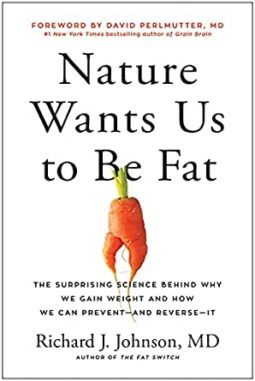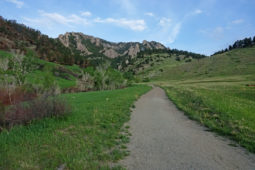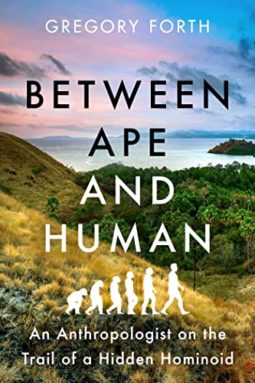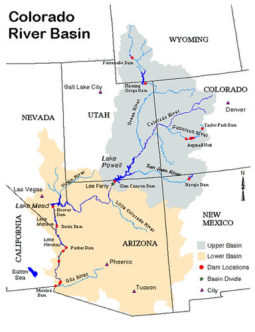 Colorado River Basin Crisis Pt. II (start time: 6:19): This week’s How On Earth show focuses on the implications and future prospects after the federal government in June ordered the seven Western states that rely on the river to come up with a plan to save trillions of gallons of water from the shrinking river) — and after the August 15 deadline came and passed without a deal. (Here’s the Bureau of Reclamation’s news release.) How On Earth host Susan Moran interviews Aaron Citron, senior policy advisor with The Nature Conservancy’s Colorado chapter; and journalist Jerd Smith, editor of Fresh Water News. (For background, check out our July 26th show, Pt. I on the Basin’s Basin’s climate, drought, and overuse crisis. Also, see how you can make a difference by taking advantage of this recently signed legislation that helps Colorado residents convert their grass lawns into water-saving landscapes.)
Colorado River Basin Crisis Pt. II (start time: 6:19): This week’s How On Earth show focuses on the implications and future prospects after the federal government in June ordered the seven Western states that rely on the river to come up with a plan to save trillions of gallons of water from the shrinking river) — and after the August 15 deadline came and passed without a deal. (Here’s the Bureau of Reclamation’s news release.) How On Earth host Susan Moran interviews Aaron Citron, senior policy advisor with The Nature Conservancy’s Colorado chapter; and journalist Jerd Smith, editor of Fresh Water News. (For background, check out our July 26th show, Pt. I on the Basin’s Basin’s climate, drought, and overuse crisis. Also, see how you can make a difference by taking advantage of this recently signed legislation that helps Colorado residents convert their grass lawns into water-saving landscapes.)
Hosts: Susan Moran, Joel Parker
Producer: Susan Moran
Executive Producer: Beth Bennett
Headline contributors: Beth Bennett, Shelley Schlender
Listen to today’s show here:
Podcast: Play in new window | Download (Duration: 28:05 — 38.6MB)
Subscribe: RSS


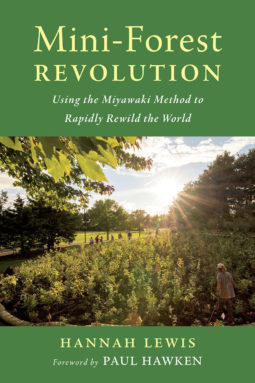 In this week’s How on Earth, we look at 3 aspects of climate change: its role in disease incidence and transmission; some effects of the new climate change legislation; and how ‘micro-forests’ can mitigate temperature and water loss. The latter comes from an interview with author Hannah Lewis and her book
In this week’s How on Earth, we look at 3 aspects of climate change: its role in disease incidence and transmission; some effects of the new climate change legislation; and how ‘micro-forests’ can mitigate temperature and water loss. The latter comes from an interview with author Hannah Lewis and her book 
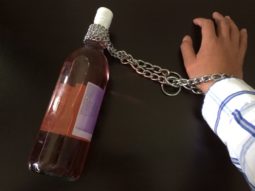
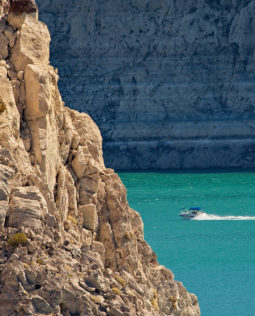

 This week on How on Earth, Beth speaks with author and planetary geologist Dr. Simon Morden. In his book,
This week on How on Earth, Beth speaks with author and planetary geologist Dr. Simon Morden. In his book, 
